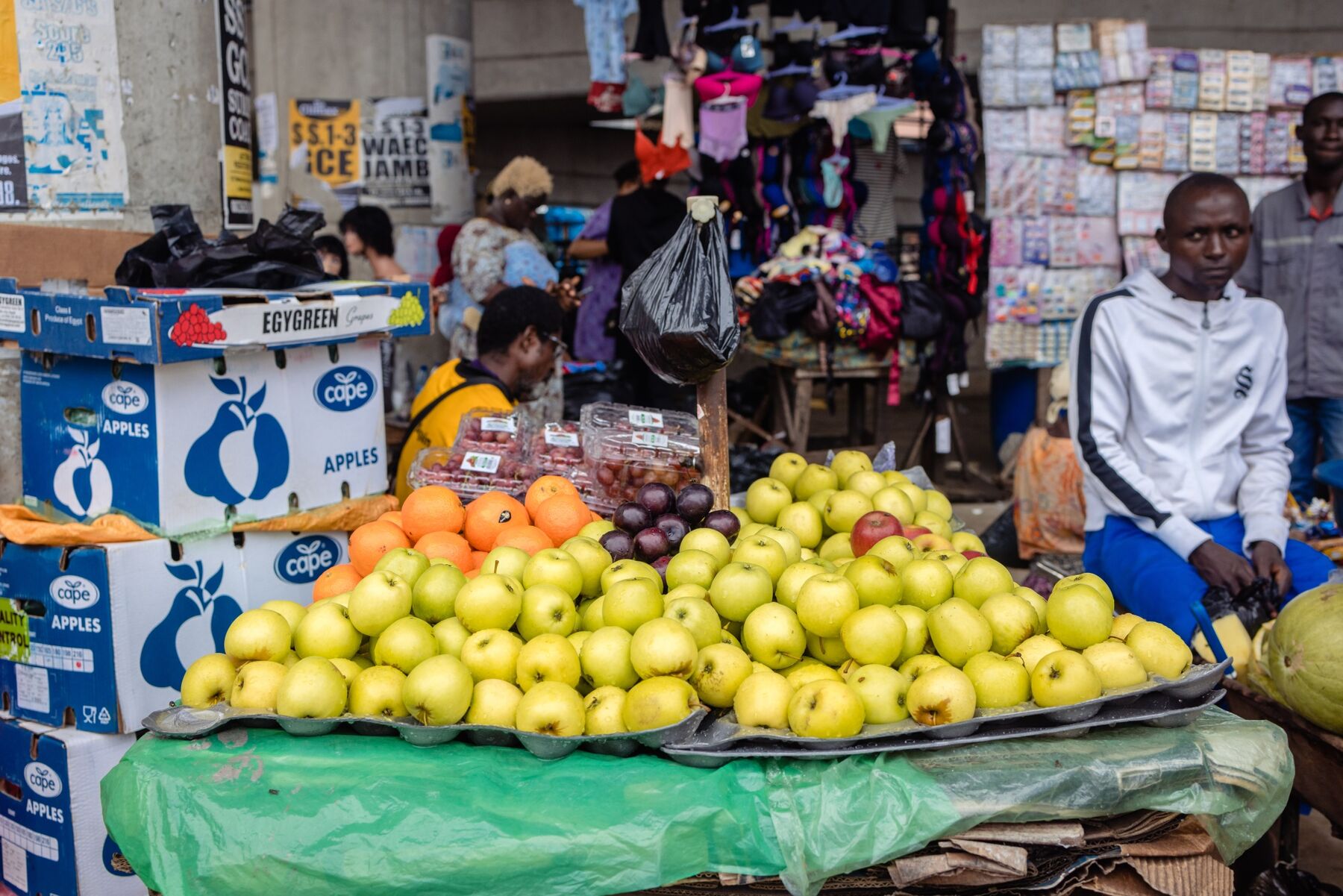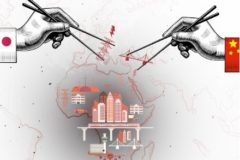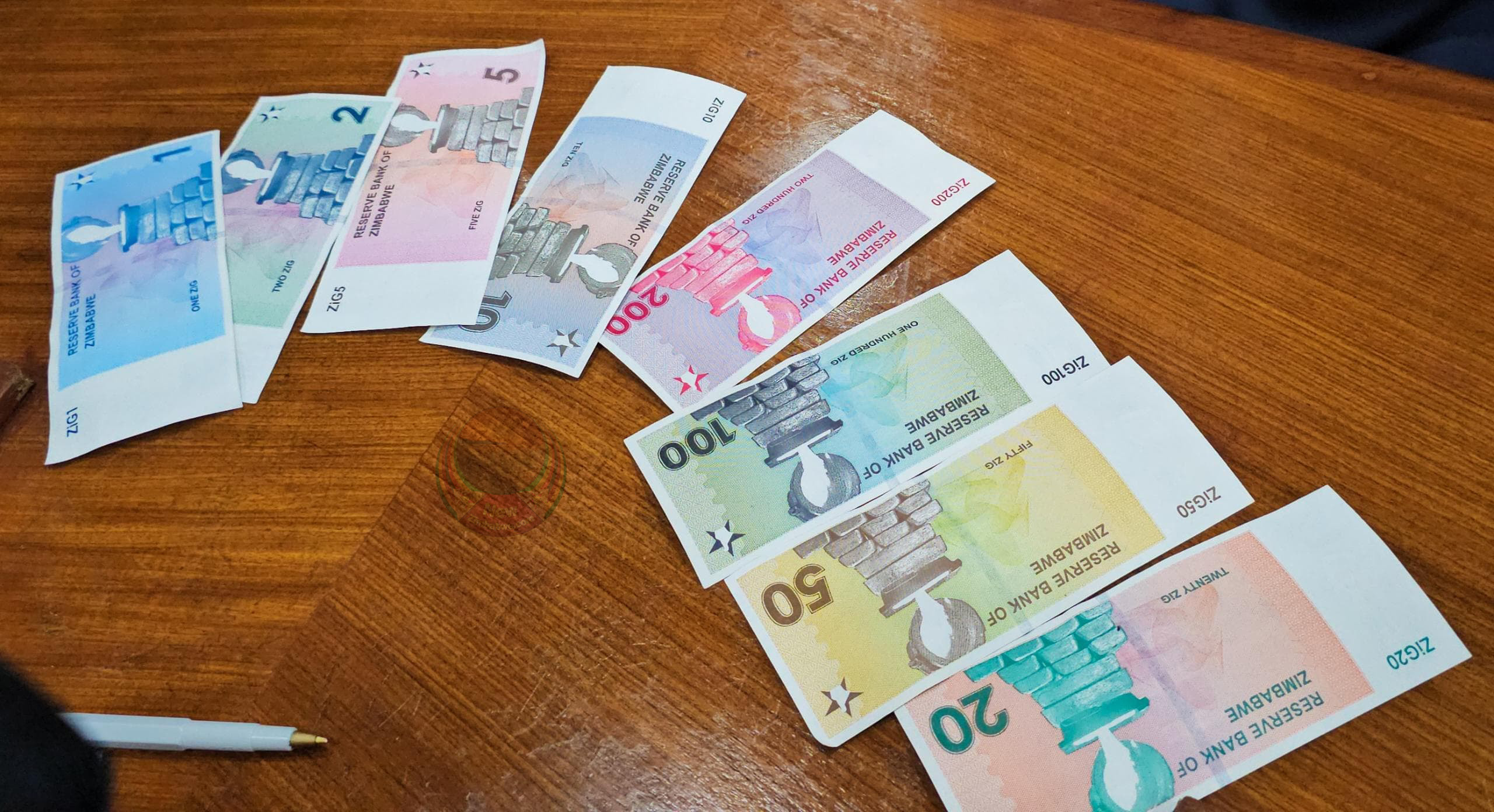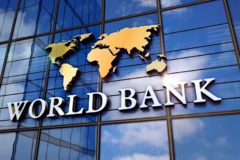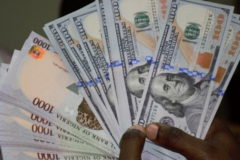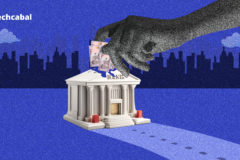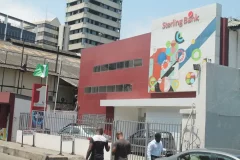Consumer prices jumped consecutively in April, increasing the likelihood that the central bank will raise interest rates at a monetary policy meeting next week.
Headline inflation in Nigeria quickened to 33.69% in April, closely matching Meristem analysts’ forecasts of 34.43%.
Those estimates were based on increased demand for food products and biting fuel scarcity which is expected to raise transportation costs, significantly impacting this month’s results.
Food inflation also rose sharply to 40.53%, as shoppers continued to seek cheaper alternatives to expensive staples like rice, bread and yam. Increased electricity tariffs and ongoing naira depreciation further fueled inflationary pressures.
“The Central Bank needs to maintain a hawkish monetary policy stance, and on the fiscal policy side, the government needs to focus on supply chain, particularly the agricultural supply chain,” said Benjamin Boachie, Chief Economist at SecondSTAX, a Ghanaian fintech that provides access to stock markets for institutional investors, via an emailed response.
He proposed deploying tools like “tax relief to targeted subsidies, to alleviate the worst effects of the current inflation for the most vulnerable.”
Olayemi Cardoso, the Central Bank governor has pledged a return to orthodox monetary policies.
The CBN introduced a raft of policies to ensure naira stability and guarantee investors confidence. The bank also aggressively raised interest rates in February and March 2024. However, those efforts have shown limited success, with some gains made in February 2024 with the currency being gradually eroded.
Blaming the inflationary surge on President Bola Tinubu’s economic reforms, labor unions are demanding a 20-fold increase in the minimum wage, from ₦30,000 to ₦615,000 per month, to address the rising cost of living.







